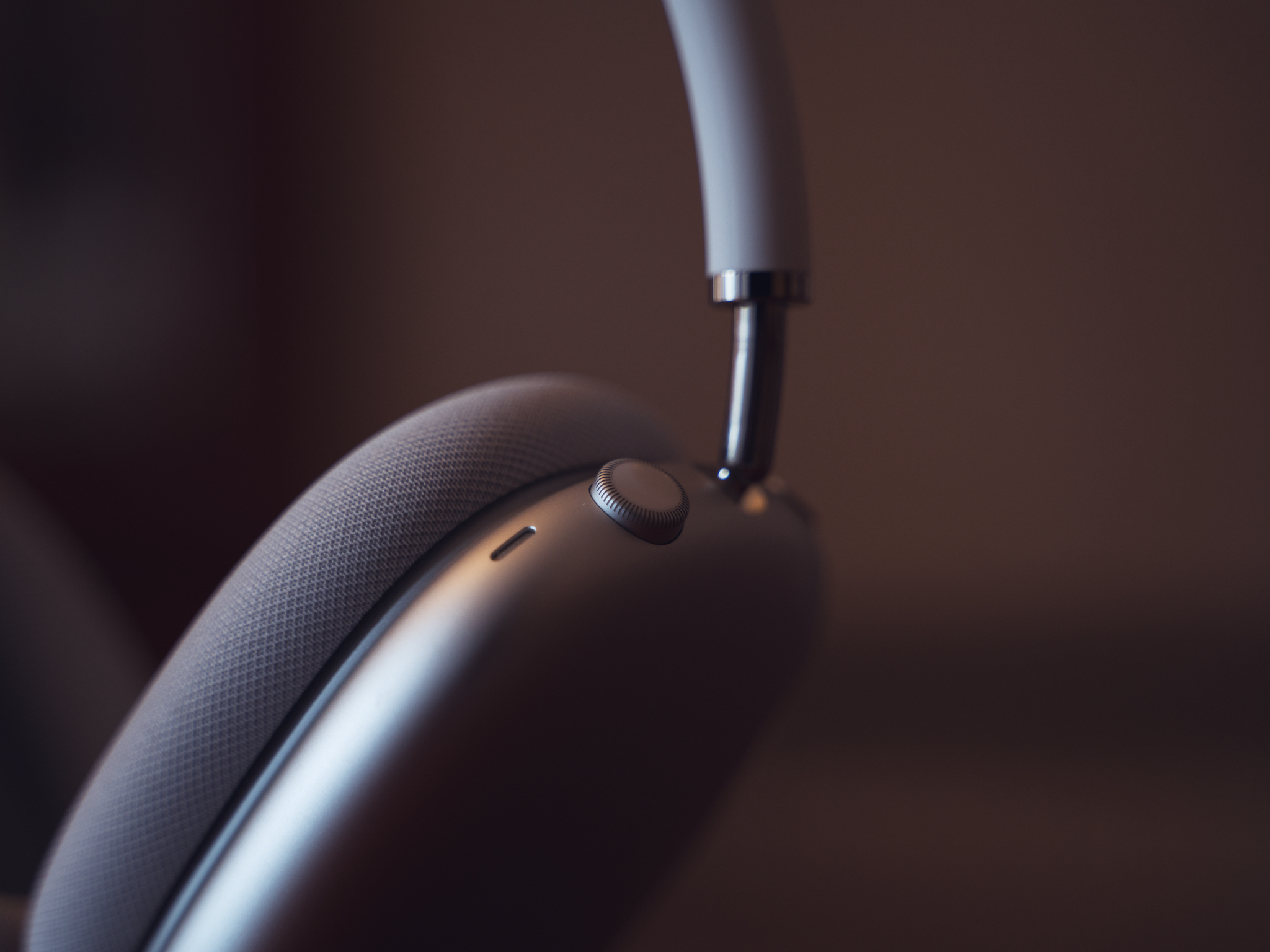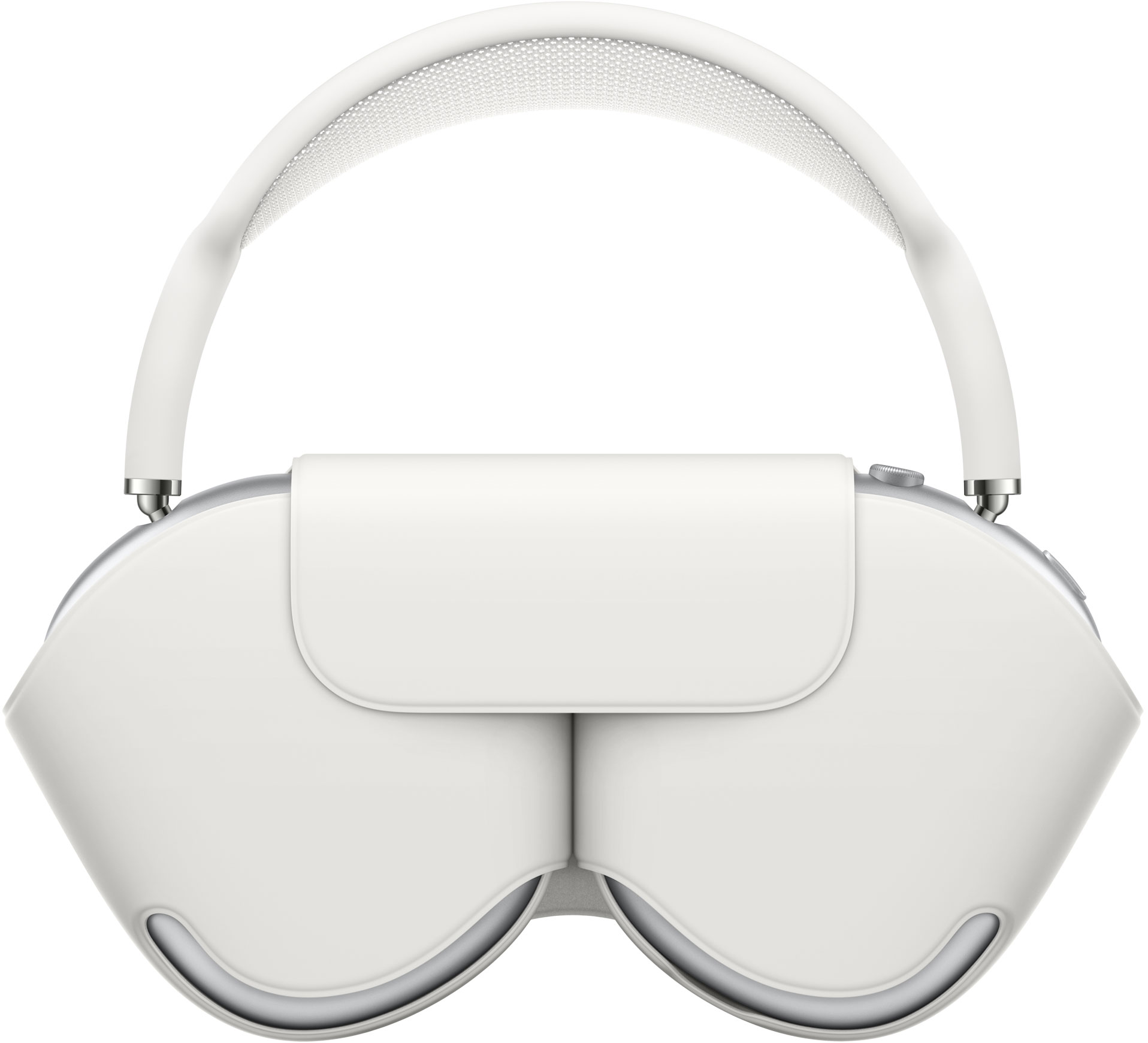Apple's botched AirPods Max messaging shows a lack of respect

iMore offers spot-on advice and guidance from our team of experts, with decades of Apple device experience to lean on. Learn more with iMore!
You are now subscribed
Your newsletter sign-up was successful
Apple's AirPods Max have been in the news again today after the company confirmed that the Smart Case isn't as important as we all thought. Apple gave everyone the impression the Smart Case was needed to make the headphones sleep. Turns out, it isn't.
The confusion came after Apple said the following in its press release announcing AirPods Max last week.
AirPods Max come with a soft, slim Smart Case that puts AirPods Max in an ultralow power state that helps to preserve battery charge when not in use.
And then:
When stored in the soft, slim Smart Case, AirPods Max enter an ultralow power state that preserves charge.
Couple that with some prominent YouTubers saying that AirPods Max needed to be placed into their case after every use to save power, and it's easy to see why people thought that was the case. Because Apple didn't say a thing about AirPods Max going into that same ultra-low power state when not in the case.
Until today.
If you set your AirPods Max down and leave them stationary for 5 minutes, they go into a low power mode to preserve battery charge. After 72 stationary hours out of the Smart Case, your AirPods Max go into a lower power mode that turns off Bluetooth and Find My to preserve battery charge further.
That means that taking your AirPods Max off your head and setting them down for five minutes will see them go into the same power management state as putting them in the Smart Case. Apple wasn't lying when it said the Smart Case put AirPods Max into an ultra-low power state. But they neglected to mention that just not using them did the same thing.
If you put your AirPods Max in the Smart Case when you're not using them, they go into a low power mode immediately to preserve battery charge. After 18 hours in the Smart Case, your AirPods Max go into an ultralow power mode that turns off Bluetooth and Find My and maximizes battery life.

And it's lost Apple sales, too. The Smart Case and its questionable looks coupled with the farce of putting headphones into it every single time undoubtedly put people off spending the $549 on them. And understandably so.
iMore offers spot-on advice and guidance from our team of experts, with decades of Apple device experience to lean on. Learn more with iMore!
Which begs the question – why did Apple go this route at all? Why not just tell us all how AirPods Max would behave when not being used? Likely because it didn't want to confuse us.
https://twitter.com/reneritchie/status/1339934558410698752
I think Rene has a point. Apple thought we'd just all use the Smart Case because it wanted us to, so it told us what would happen. Why complicate matters by telling us what would happen via any other use case? Even when that use case is, realistically, how people will use these things?
Let's give Apple the benefit of the doubt and say that there's nothing wrong with the messaging here. All of this could have been avoided by making sure reviewers knew how AirPods Max would behave. Instead, they toed the line, telling us that we'd have to use the case if we didn't want our battery life to disappear as if we were actively using them. But it didn't. Why? I don't know.
I'm no fan of Apple deciding what it thinks we should know and then omitting everything else in this way. If it thought we would be confused by explaining how things work, that's on Apple. Not us. Or the product.
It just shows a lack of respect for all of us.
But by sparing them the details they're having people put AirPods Max in a case after every use.
If those people knew they didn't need to, how many would still do it?
If Apple can't find a way to get the message out without complication, that's on Apple.But by sparing them the details they're having people put AirPods Max in a case after every use.
If those people knew they didn't need to, how many would still do it?
If Apple can't find a way to get the message out without complication, that's on Apple.— Oliver Haslam (@OliverJHaslam) December 18, 2020December 18, 2020

Oliver Haslam has written about Apple and the wider technology business for more than a decade with bylines on How-To Geek, PC Mag, iDownloadBlog, and many more. He has also been published in print for Macworld, including cover stories. At iMore, Oliver is involved in daily news coverage and, not being short of opinions, has been known to 'explain' those thoughts in more detail, too.
Having grown up using PCs and spending far too much money on graphics card and flashy RAM, Oliver switched to the Mac with a G5 iMac and hasn't looked back. Since then he's seen the growth of the smartphone world, backed by iPhone, and new product categories come and go. Current expertise includes iOS, macOS, streaming services, and pretty much anything that has a battery or plugs into a wall. Oliver also covers mobile gaming for iMore, with Apple Arcade a particular focus. He's been gaming since the Atari 2600 days and still struggles to comprehend the fact he can play console quality titles on his pocket computer.
